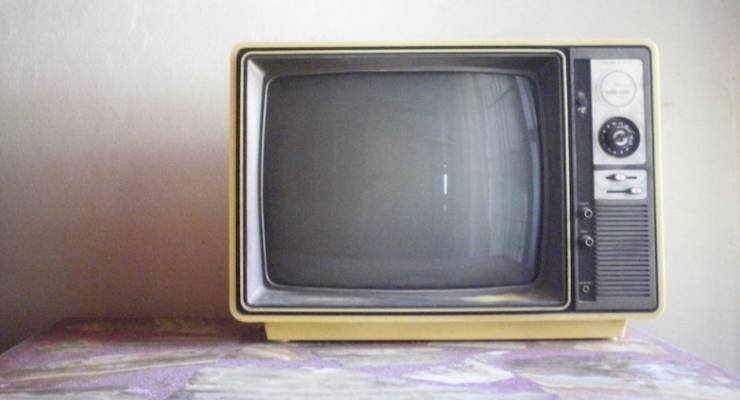
As Nine and Fairfax Media head towards the start of their marriage negotiations, we will hear a lot about the improved outlook for legacy media such as print and free-to-air TV. But for TV, at least, don’t believe it.
While Nine and Seven are a bit more optimistic about the coming year, their regional affiliates have both taken a different stance about the immediate prospects for their industry, writing down the value of their assets by more than a combined $150 million because of the worsening outlook for revenue and profits.
In a year when the TV advertising landscape seems to be stabilising, with a small gain forecast for the coming year, Southern Cross Austero’s $107 million post-tax impairment of the value of its regional TV business is very much at odds with the non-impairments at Nine, its metro affiliate.
Prime Media, Seven’s regional affiliate, wrote down the value of its TV assets by around $51 million, after impairing them back in 2015-16 by $123 million. Seven, which had massive impairments of more than $900 million in 2016-17, left asset values alone in 2017-18. Nine wrote down the value of its intangibles in 2016-17 by $260 million after being pressed to do so by the corporate regulator, ASIC.
We have no way yet of knowing how Ten has gone in its first year of ownership by CBS, the US giant, but it had a series of huge impairments and losses up to February 2017. Its regional affiliate is WIN, owned by Bruce Gordon who is the biggest shareholder in Nine, as well as Prime, and wants to be the largest shareholder in the merged Nine and Fairfax. Gordon was also a big shareholder in Ten, but lost the lot — well over $200 million in a decade.
Because WIN is privately-owned, we don’t know about the treatment of intangibles such as goodwill and licence values in its accounts. WIN was Nine’s regional affiliate for years but lost out when Gordon wouldn’t pay the higher affiliate fees demanded by Nine. Southern Cross could pay them, and WIN was forced to switch to Ten which is the weakest of the three commercial networks and has seen TV revenues for WIN fall, according to industry analysts.
Last month’s 2017-18 results from Southern Cross and Prime revealed a fair amount of gloom about the outlook for regional TV advertising in the year ahead. In fact they were downright subdued compared to the guarded optimism from Nine Entertainment and Seven West Media.
Southern Cross’s outlook for 2018-19 didn’t contain the word TV at all, just generic talk about advertising, while radio (its other media business) was mentioned repeatedly. There was also no mention of TV in the trading update for the first weeks of the new financial year.
Prime announced in its annual report “a statutory loss after tax of $12.3 million, representing a decrease of $48.5 million or 133.9% on the prior corresponding period … The impairment charges reflect the ongoing decline of the regional free-to-air television advertising markets and the contracted increase in program supply arrangements with the Seven Network from July 1 2018.”
And the company revealed its earnings in the coming year will be sharply lower than the underlying figure for 2017-18 of $25.3 million. Prime signed a new five year affiliation agreement with Seven earlier this year which calls for millions of dollars more to be paid over to Kerry Stokes’ Seven West Media.








Looks like that earworm, “video killed the radio star”, was dead wrong.
The pictures are far better on radio anyway.